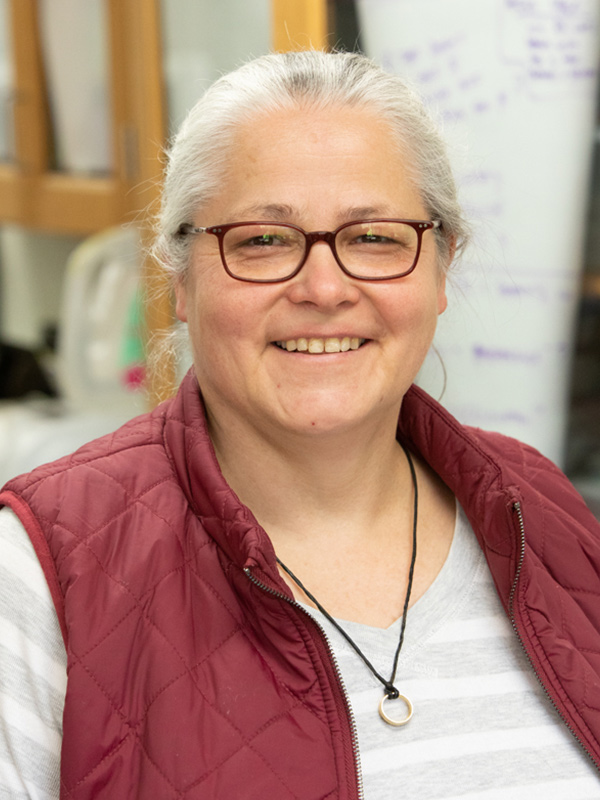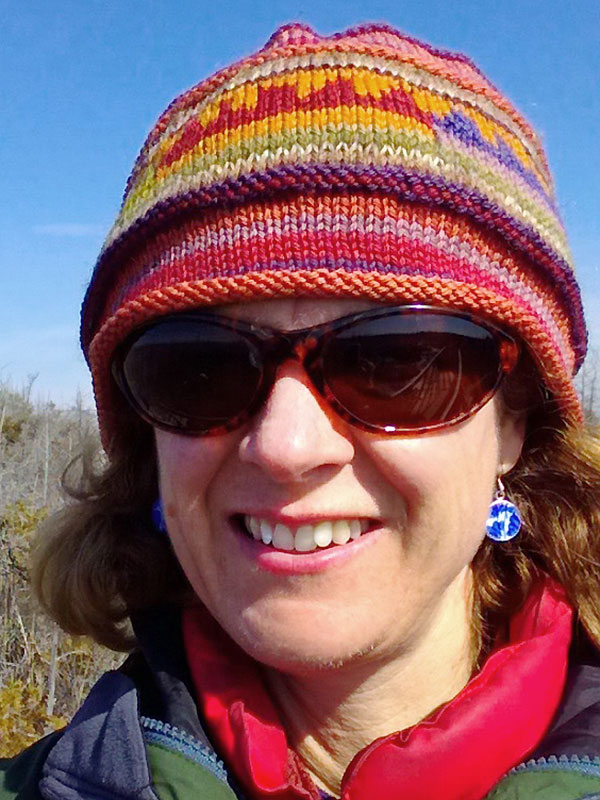The EEB Research Group strives to understand the natural world through the lens of broad conceptual theory supported by empirical evidence. Our faculty and students share a common interest in understanding how organisms function, how they interact with other species and with the environment, and how reproductive strategies, sexually-selected traits, disease resistance, and physiology evolve over space and time.
We study the evolution, behavior, physiology, and ecology of animals, plants, and microbes that live in diverse terrestrial and aquatic ecosystems. Our research often combines extensive field work in locations such as kelp beds off the coast of California, rainforest in Belize, and wetlands in Wisconsin with elegant experiments in the greenhouse and laboratory. Our interdisciplinary studies incorporate cutting edge approaches in population and quantitative genetics, genomics, ecophysiology and animal behavior.
Major areas of research emphasis include:
- behavioral ecology
- evolutionary biology
- ecophysiology
- ecology of disease transmission
- plant-pollinator interactions
- landscape genetics
- aquatic ecology
- global change biology
- conservation genetics
Members of the EEB Research Group make extensive use of two outstanding research facilities at UWM. The UWM Field Station at Cedarburg Bog has excellent experimental facilities for faculty and student research in ecology, evolution and animal behavior. Located just 45 minutes from campus, the Field Station manages more than 2500 acres of high quality natural communities, including one of the largest and most pristine wetlands in SE Wisconsin.
The Biological Sciences Greenhouse is a state-of-the-art botanical research and instructional facility which is visited annually by more than 1,200 UWM undergraduates This 9200 square foot greenhouse is located right on the UWM main campus, and supports year-round research projects involving 15-20 students annually.
Ecology, Evolution & Behavior Faculty

Filipe Alberto
Associate Professor
Molecular Ecology & Evolution

John Berges
Professor
Plankton Ecophysiology

Peter Dunn
Distinguished Professor
Avian Biology

Gerlinde Höbel
Associate Professor
Animal Behavior

Jeffrey Karron
Professor
Plant Evolutionary Ecology

Emily Latch
Professor
Conservation Genetics

Rafa Rodríguez
Professor
Evolution & Behavior

Erica Young
Associate Professor
Microbial Ecophysiology

